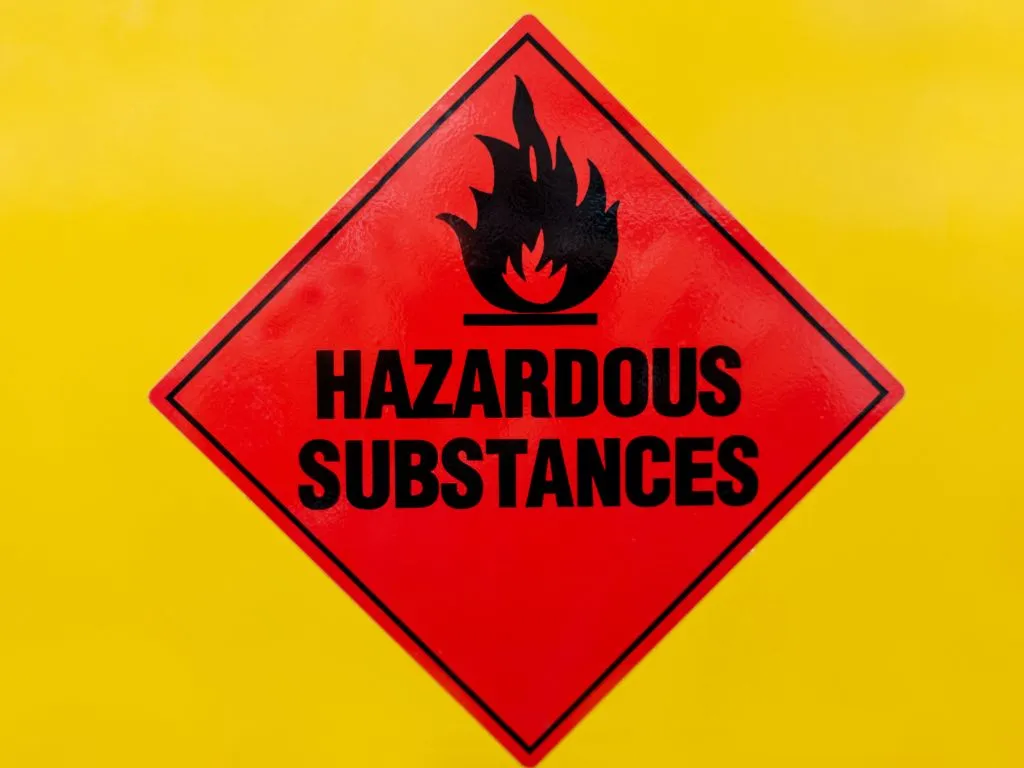- Home
- News Details
News Details

EU Adopts New Restrictions on UV-328 and Dechlorane Plus Under POPs Regulation
2025-05-19 Reference source : European Commission
Stockholm Convention Persistent Organic Pollutants POPs EU POPs Regulation Annex I Regulation EU 2019/1021 Unintentional Trace Contaminant UTC Limit EU Delegated Regulation May 2025 Hazardous Substances Ban
In May 2025, the European Commission adopted two Delegated Regulations introducing new restrictions under Regulation (EU) 2019/1021 on Persistent Organic Pollutants (POPs). These measures implement decisions from the Stockholm Convention and target two hazardous substances: UV-328 and Dechlorane Plus.
UV-328 Added to POPs Regulation – Adopted 5 May 2025
On 5 May 2025, the Commission adopted a Delegated Regulation adding UV-328 (CAS No. 25973-55-1) to Annex I of the POPs Regulation. This follows the decision taken at the 11th Conference of the Parties to the Stockholm Convention to list UV-328 for global elimination due to its persistence, bioaccumulation, and toxicity.
Key Provisions:
-
Manufacture, use, and placing on the market of UV-328 is prohibited.
-
A maximum concentration limit of 1 mg/kg is set for UV-328 when present as an unintentional trace contaminant in substances, mixtures, or articles.
-
Time-limited exemptions (5 years) apply for specific uses such as:
-
Triacetyl cellulose film in polarizers for LCDs.
-
Photographic paper and imaging products.
-
Mechanical separators in blood collection tubes.
-
Certain articles used in land-based motor vehicles.
-
-
Articles containing UV-328 that were already in use in the Union before or on the date of expiry of the relevant exemption may continue to be used.
Dechlorane Plus Restricted Under POPs Regulation – Adopted 15 May 2025
On 15 May 2025, the Commission adopted a second Delegated Regulation to include Dechlorane Plus (CAS No.13560-89-9) in Annex I of the POPs Regulation. This amendment aligns with Decision SC-11/10 of the Stockholm Convention, which recognises Dechlorane Plus as a persistent organic pollutant with harmful environmental and health effects.
Key Provisions:
-
Manufacture, use, and placing on the market of Dechlorane Plus is prohibited.
-
A temporary higher limit of 1000 mg/kg is permitted for trace contamination, to, be reduced to 1 mg/kg after 30 months to allow laboratories to adapt.
-
Exemptions (5 years with possible 5-year extension) apply to:
-
Spare parts for land-based motor vehicles and outdoor power equipment.
-
Medical devices and in-vitro diagnostic devices.
-
Analytical instruments used in testing, monitoring, and production.
-
-
Articles containing dechlorane plus that were already in use in the Union before or on the date of expiry of the relevant exemption may continue to be used.
Next Steps
Both regulations will enter into force following their publication in the Official Journal of the European Union. Companies using these substances must review their supply chains and ensure compliance within the timelines set out in the respective regulations.
We acknowledge that the above information has been compiled from European Commission.
Global Product Compliance (GPC) specializes in Global Regulatory Compliance Solutions across sectors
globally. SSS Europe, a familiar name in chemical regulatory and compliance services now formally belongs
under the umbrella of GPC Holding Sweden.
Since 2008, we have emerged as one of the leading names among Global Regulatory Compliance Service
Providers with Representation services in Europe, Asia and Middle East for respective chemical
regulations.

 Twitter
Twitter
